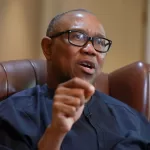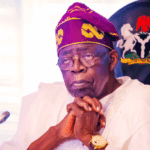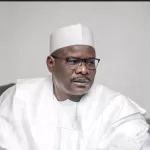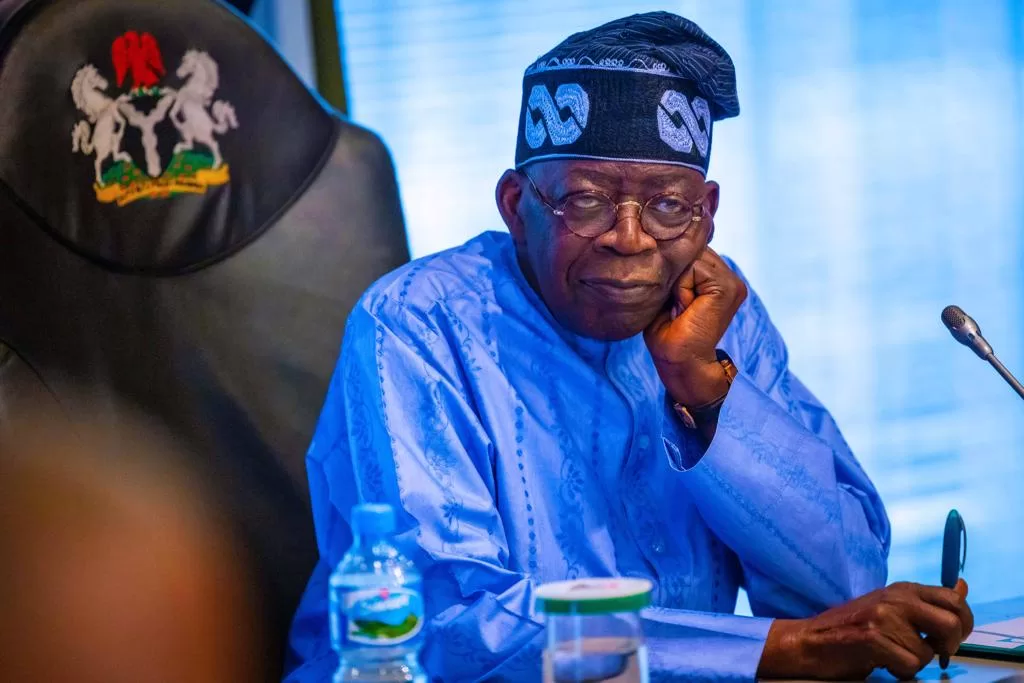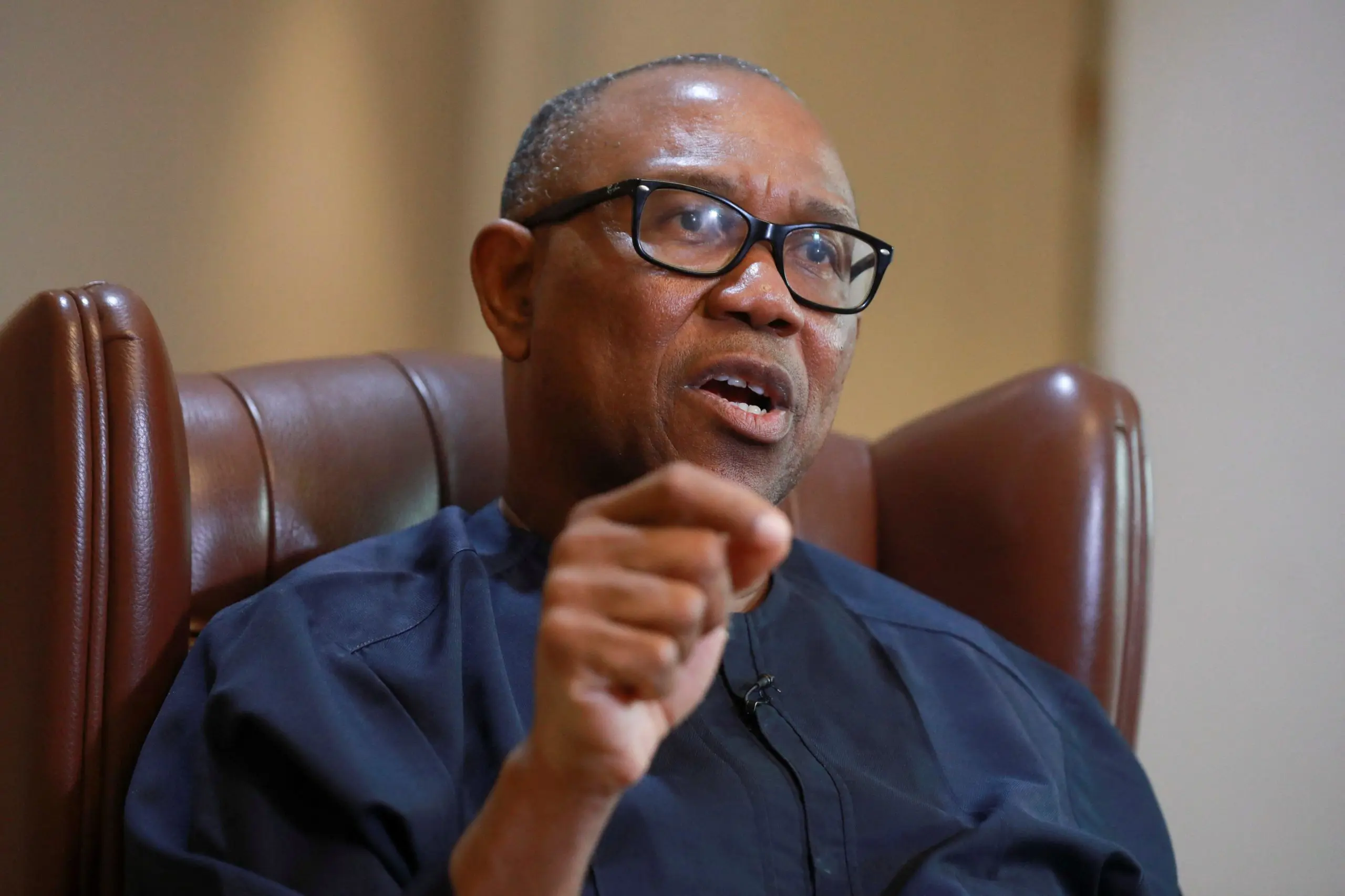The Special Adviser to President Tinubu on Information and Strategy, Bayo Onanuga has strongly refuted a recent New York Times article titled “Nigeria Confronts Its Worst Economic Crisis in a Generation” by Ruth Maclean and Ismail Auwal, criticizing its portrayal of Nigeria’s economic condition.
Onanuga described the article, published on June 11, as “predetermined, reductionist, derogatory, and denigrating,” echoing a long-standing narrative in foreign media.
He argued that the report’s portrayal of the economic policies of the Tinubu administration, which assumed office at the end of May 2023, was misleading and incomplete.
“The report painted a dire picture of the inflationary pressures faced by some Nigerians over the past year, unfairly blaming the new administration’s policies,” Onanuga stated.
He emphasized that President Tinubu inherited a severely distressed economy, necessitating urgent and decisive measures to prevent further decline akin to the economic crises in Zimbabwe and Venezuela.
Upon taking office, President Tinubu implemented significant policy changes, including the removal of the long-standing fuel subsidy and the unification of multiple exchange rates.
Between 2005 and 2022, the fuel subsidy had cost the public treasury $84.39 billion, a significant drain on resources in a country struggling with infrastructural deficits and the need for improved social services.
The state oil company, NNPC, had accumulated substantial debts due to unsustainable subsidy payments. By the time Tinubu assumed office, the national budget had no provisions for fuel subsidies beyond June 2023, and 97% of revenue was earmarked for debt servicing, leaving little for essential expenditures.
In addition to the fuel subsidy, the government had been subsidizing the exchange rate, with the Central Bank of Nigeria (CBN) spending approximately $1.5 billion monthly to maintain an artificially low rate.
This policy led to widespread arbitrage and a significant gap between the official rate and the rates used by over 5,000 licensed Bureau De Change operators.
President Tinubu’s administration faced the immediate challenge of addressing these financial distortions. On his first day in office, he eliminated the fuel subsidy and floated the naira.
Despite initial volatility, which saw the naira plunge to N1,900 to the US dollar, some stability has returned, with the exchange rate now below N1,500 and prospects for further appreciation.
The economy showed signs of recovery with a trade surplus of N6.52 trillion in Q1 2024, reversing a deficit of N1.4 trillion in Q4 2023. Confidence in Nigeria’s economic prospects is rising, as evidenced by the entry of portfolio investors and significant transactions like Diageo’s sale of its stake in Guinness Nigeria to Singaporean conglomerate Tolaram.
International financial institutions have responded positively to the reforms, with the World Bank extending a $2.25 billion loan and additional support from the African Development Bank and Afreximbank. Onanuga highlighted that these reforms have restored some confidence in Nigeria’s economic stability.
Inflation, particularly food inflation, remains a pressing challenge. The National Bureau of Statistics reported a deceleration in the inflation rate in April.
The government is tackling this issue by boosting agricultural production and implementing measures to ensure food affordability. Initiatives include state governments in Lagos and Akwa Ibom setting up retail shops to sell food at lower prices and significant investments in dry-season farming to produce essential crops.
The CBN has supported these efforts by donating N100 billion worth of fertilizer to farmers, and Western Nigerian states are planning substantial agricultural investments.
Onanuga emphasized that Nigeria is not alone in facing economic challenges, noting similar cost-of-living crises in the USA and Europe.
He reassured that the Tinubu administration is committed to overcoming these difficulties, drawing on the resilience demonstrated by Nigerians in the past.
“Just as we overcame past economic challenges, we will overcome our present difficulties very soon,” Onanuga concluded.

